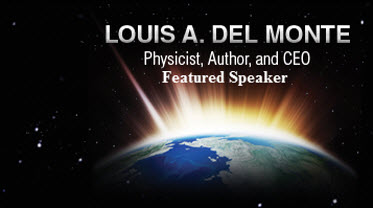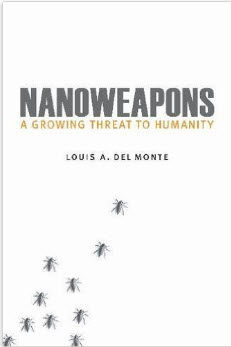Neuroscience is revealing more and more about the true workings of the mind. It is reasonable to believe that eventually we will be able to completely model how the brain works and what actions a specific brain will take in response to specific stimuli.What does this say about free will? In other words, is our thinking and actions the result of a specifically programmed biological computer, our brain?
Our entire justice system presupposes free will, that a person committing a crime did so willfully (assuming they are sane, not mentally ill). In fact, the Merriam‑Webster dictionary defines free will as:
1. The ability to choose how to act
2. The ability to make choices that are not controlled by fate or God
However, if neuroscience is able to eventually model a specific brain and predict with certainty the actions that brain will take given specific stimuli, was the person committing a crime doing so willfully? If we as humans do not have freewill, is it permissible to punish a person, even put them to death, for their wrongful acts. Many scientists and philosophers are struggling with this question.
Let us, for this article, put aside religious beliefs and attempt to approach a scientific answer. First, let us address causality. Does every effect have a unique cause? Scientifically speaking, the answer is no. For example, we can cause an object to move using a variety of methods (causes). Now the harder question, does every cause result in a specific predictable effect? Scientifically speaking, in particular from quantum mechanics, we can argue no. At the level of atoms and subatomic particles, like electrons, quantum mechanics can only predict the future state of the physical system in terms of probabilities. In reality, our brain works via electrical impulses. Therefore, it is reasonable to argue our brain, at the micro level, is subject to the laws of quantum mechanics. If that is true, then a specific stimulus results in a spectrum of probable effects (actions and/or thoughts), not a specific well define effect. Does this suggest free will? I judge many may argue yes and just as many may argue no. In other words, I don’t think this argument will definitively end the debate regarding free will.
Science (i.e., quantum mechanics) suggests it is possible for humans to have free will, even when neuroscience is able to completely model human brains. On the micro scale, the level of atoms and subatomic particles, like electrons, it is not possible to predict a system’s future state with certainty. In fact, most first year physic majors will be exposed to the Heisenberg Uncertainty Principle, which states that there is inherent uncertainty in the act of measuring a variable of a particle. Commonly, it is applied to the position and momentum of a particle. The principle states that the more precisely the position is known the more uncertain the momentum is and vice versa. More generally, the Heisenberg Uncertainty Principle argues reality is statistically based, as opposed to deterministically based. The Heisenberg Uncertainty Principle is a fundamental widely accepted pillar of quantum mechanics.
Let’s address the question: Is it permissible to punish a person, even put them to death, for their wrongful acts. The answer is yes. If you assume from the above that humans have free will, it’s reasonable to conclude that it is permissible to punish a person, even put them to death, for their wrongful acts. However, let’s assume that you are not convinced by the above and believe that humans do not really have free will. To my mind, it is still permissible to punish a person, even put them to death, for their wrongful acts. Why? The punishment serves to reprogram their brain and make repeating a wrongful act less likely. If the wrongful act warrants putting the person to death, the punishment assures that the person will not be able to repeat their extreme wrongful behavior.
This article argues that free will is not a necessary condition to justify punishment for wrongful acts. While I think a compelling case for the existence of free will can be made scientifically using quantum mechanics, I do not think it makes a definitive case. At some future time, neuroscience may be able to reprogram brains, such that the probability of criminal behavior becomes infinitesimally small, and punishment may not be necessary. Until that time, we (civilized societies) must rely on our current justice systems.












Science will never map the working transcendent consciousness which ponders the innumerable considerations born of our own unique experiences which go into making a decision. The brain is merely the platform for the “I” who looks out upon the world and uniquely chooses. The brain, like the heart or any organ, is me and not me at once. I transcend my organs even as I ponder them. Skinner couldn’t quash free will, nor will the arrogance where it exists in neuroscience.